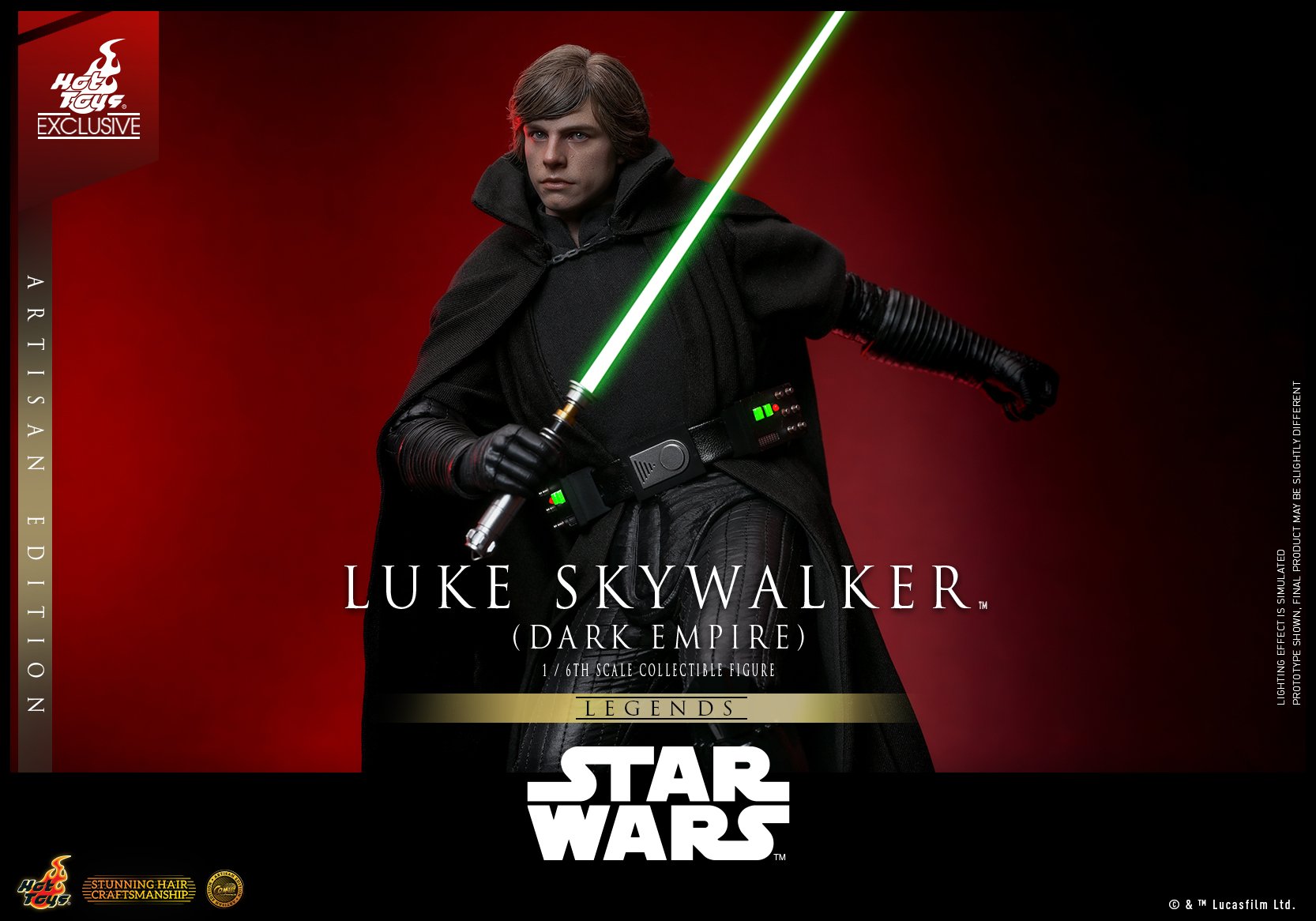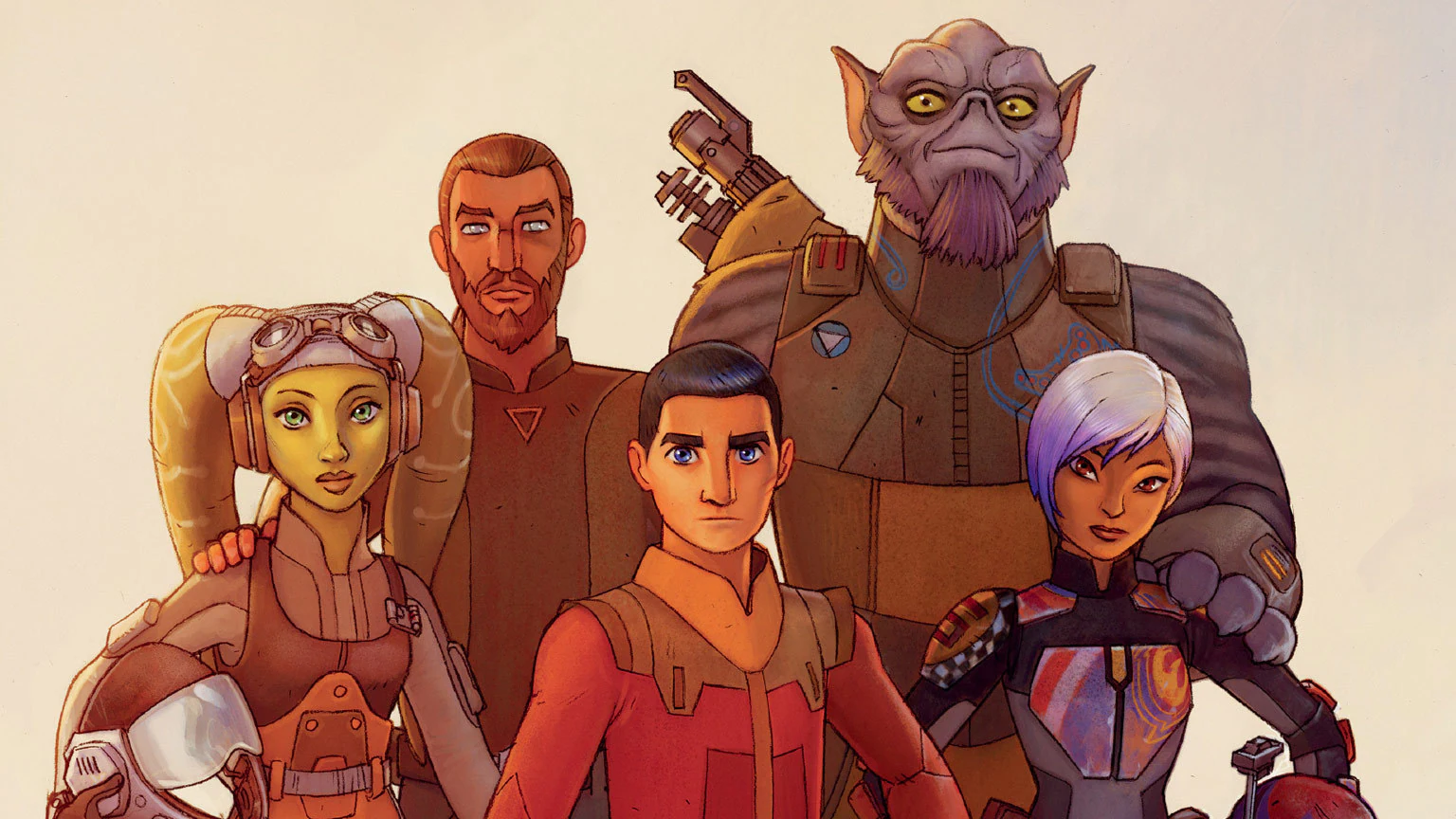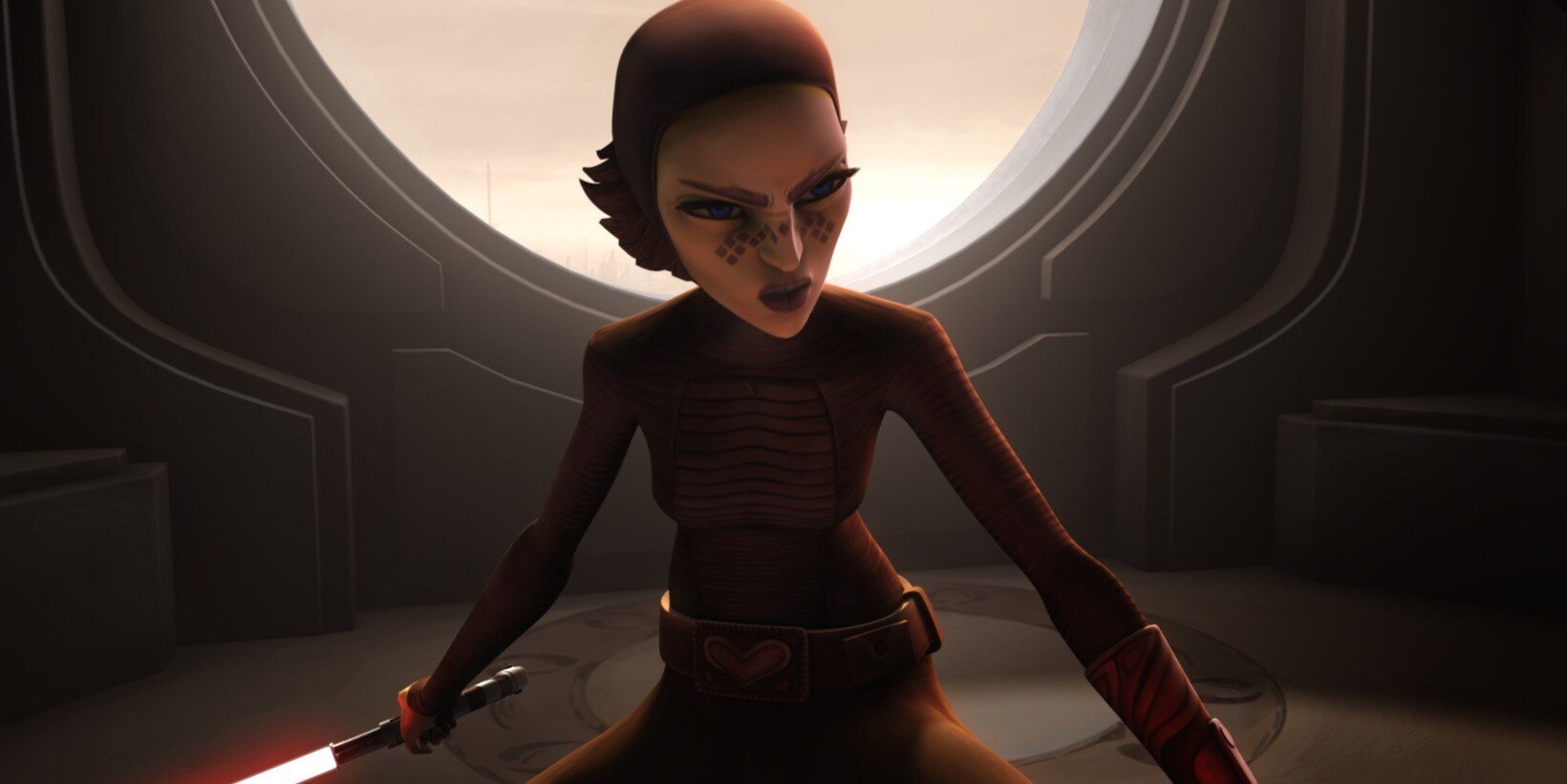‘Ant-Man and the Wasp: Quantumania’ Is a Giant Mess With So Much Potential (Review)
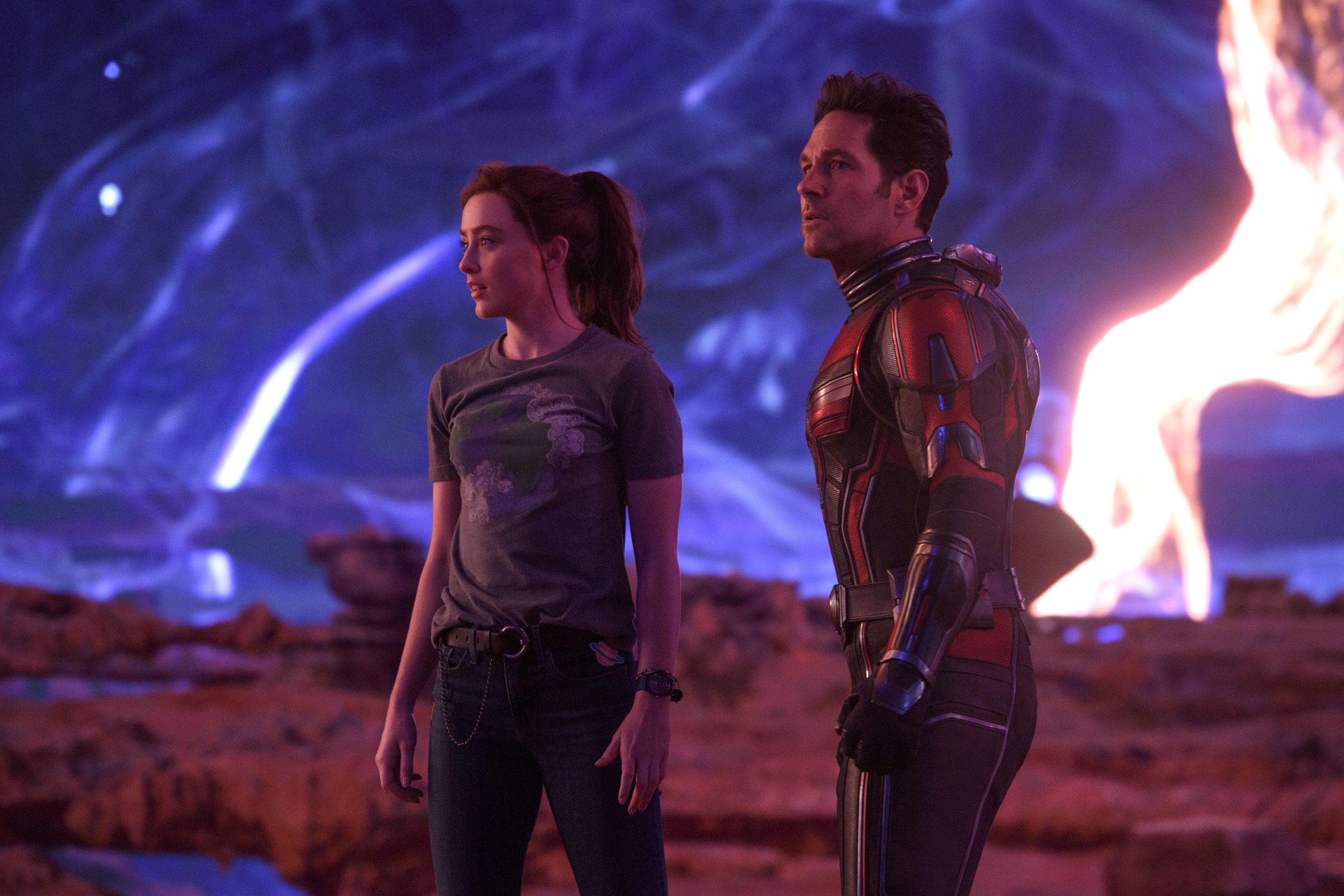
(L-R): Kathryn Newton as Cassandra “Cassie” Lang and Paul Rudd as Scott Lang/Ant-Man in Marvel Studios’ ANT-MAN AND THE WASP: QUANTUMANIA. Photo by Jay Maidment. © 2022 MARVEL.
When reports circulated in the summer of 2020 saying that Kang the Conqueror would be appearing in the third Ant-Man film, a few of us scratched our heads. How is Paul Rudd’s tiny hero going to stand a chance against one of the most powerful villains in the comics? It almost seemed unfair to rest so much weight on the least successful sub-franchise of the MCU, but we were hoping they would have learned their lesson from the time they introduced Thanos in Guardians of the Galaxy. Well, Ant-Man and the Wasp: Quantumania certainly didn’t pay attention in class, and the challenge of introducing the MCU’s next Big Bad backfired on them. (No spoilers for now.)
Perhaps the element that worried me the most about the film, and which I was ultimately right about, was having Peyton Reed come back as the director for the threequel, especially one as important as this one. The first Ant-Man film is cute enough, but it mostly stands on the shoulders of the work that Edgar Wright and Adam McKay had done before the character landed in the MCU — then the second film became (and still is) my least favorite of the entire franchise. But according to Marvel Studios’ own politics, if available, Reed was the guy for the job. Quantumania is not as bad as its predecessor, but the biggest takeaway for me was the potential it had and didn’t exploit.
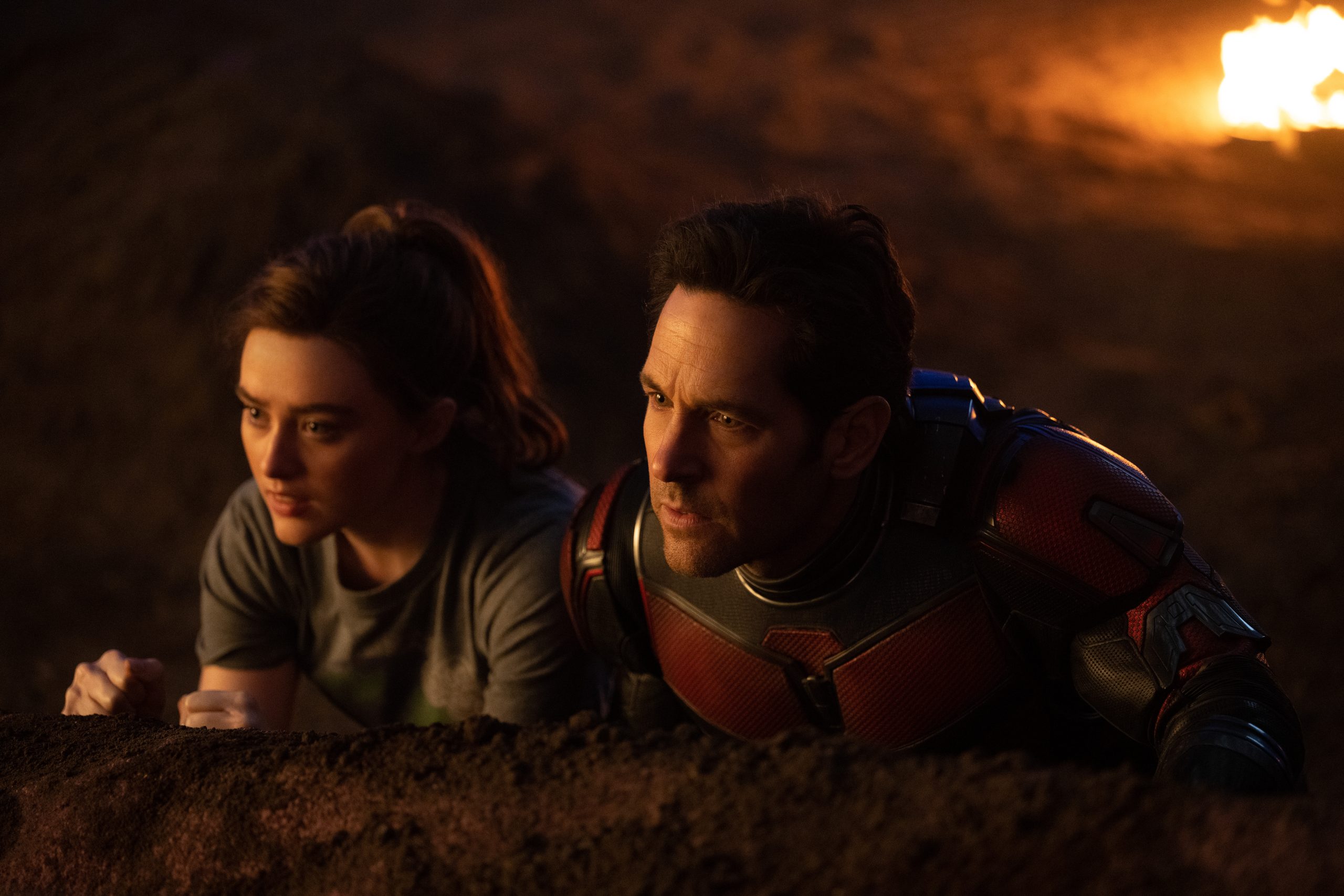
(L-R): Kathryn Newton as Cassandra “Cassie” Lang and Paul Rudd as Scott Lang/Ant-Man in Marvel Studios’ ANT-MAN AND THE WASP: QUANTUMANIA. Photo by Jay Maidment. © 2022 MARVEL.
Jeff Loveness steps in to write the script, which I genuinely think was obliterated in the editing bay when the studio decided to trim down the film and essentially make it dumber. There are some genuinely great ideas thrown around throughout the entire film, but the story quickly shifts to another direction, and several story threads are left hanging, waiting for someone to pick them back up.
Some time has passed since the events of Avengers: Endgame, and we learn the world has changed a lot — to many, for the worse, but to Paul Rudd’s Scott Lang, everything is sunshine and roses. We learn in the first of the (awful) montages that bookend the film that he’s everyone’s hero. His partner, Hope van Dyne, is also receiving high accolades from her peers, and he’s trying to make up for the many birthdays of his daughter that he missed.
Cassie (Kathryn Newton), however, is aware of what’s going on out there — people who came back from the Blip were left to rot on the streets after they realized their former houses were now occupied by someone else. This is yet another attempt by the MCU to explore the post-Blip life and the consequences that bringing back half the population of the universe had for everyone. But once again, the MCU doesn’t have time to really explore this, and we have to move on to plot development. While everyone was gone, Cassie became the latest of the MCU’s teenage geniuses by studying Hank Pym’s journals on the Quantum Realm. Marvel’s misunderstanding of science and the scientific process is one of my biggest complaints about the Ant-Man films, which I desperately try to ignore, failing every time. Don’t worry too much, because before we know it, our characters are already on their way down to the Quantum Realm.
Down (if that’s even the right word for it) there, they encounter entire civilizations of alien-like and human-like creatures, and all of them know about Janet (Michelle Pfeiffer) and are afraid of The Conqueror. This is Kang, of course, who is played by Jonathan Majors. Elements of the character were already presented when Majors played He Who Remains during the Loki season 1 finale, but a bit more is explained in Quantumania. He has a direct connection to Janet, who essentially takes the co-lead role of the film, and who is arguably the best part aside from Kang himself. After an extremely convoluted and poorly edited first act, we finally meet Him.

Michelle Pfeiffer as Janet Van Dyne/Wasp in Marvel Studios’ ANT-MAN AND THE WASP: QUANTUMANIA. Photo courtesy of Marvel Studios. © 2022 MARVEL.
Majors is electric during the second act of the film. He is menacing and completely ruthless, and I genuinely wondered many times how the Avengers will be able to defeat him. He is calculating and very manipulative, which only adds to his physical strength and raw power. Unfortunately, all of that setup is rendered useless by the time the third act arrives, and we are back to another generic action set piece that features some of the cringiest humor the MCU has ever attempted, plus some of its most generic character work too. There are entire characters introduced by the film who have no contribution whatsoever to the plot nor the story, and subplots that essentially lead nowhere.
The most painful thing, however, is that there was a lot of promise there. The script sets up very interesting scenarios that it probably explored, but then, were left on the cutting room floor. I am slightly worried that Loveness is also writing The Kang Dynasty, but I want to believe that Marvel is going to learn from their latest mistakes and put more effort into locking down the best scripts possible before they go into production, and be brave enough to follow through on them.
All in all, I wasn’t expecting much from Ant-Man and the Wasp: Quantumania, but left the theater quite disappointed nonetheless. If you’ve already seen the film and want to know more about why, read on to the spoiler-filled section! Otherwise, come back once you’ve seen the film.
MAJOR spoilers ahead for Ant-Man and the Wasp: Quantumania
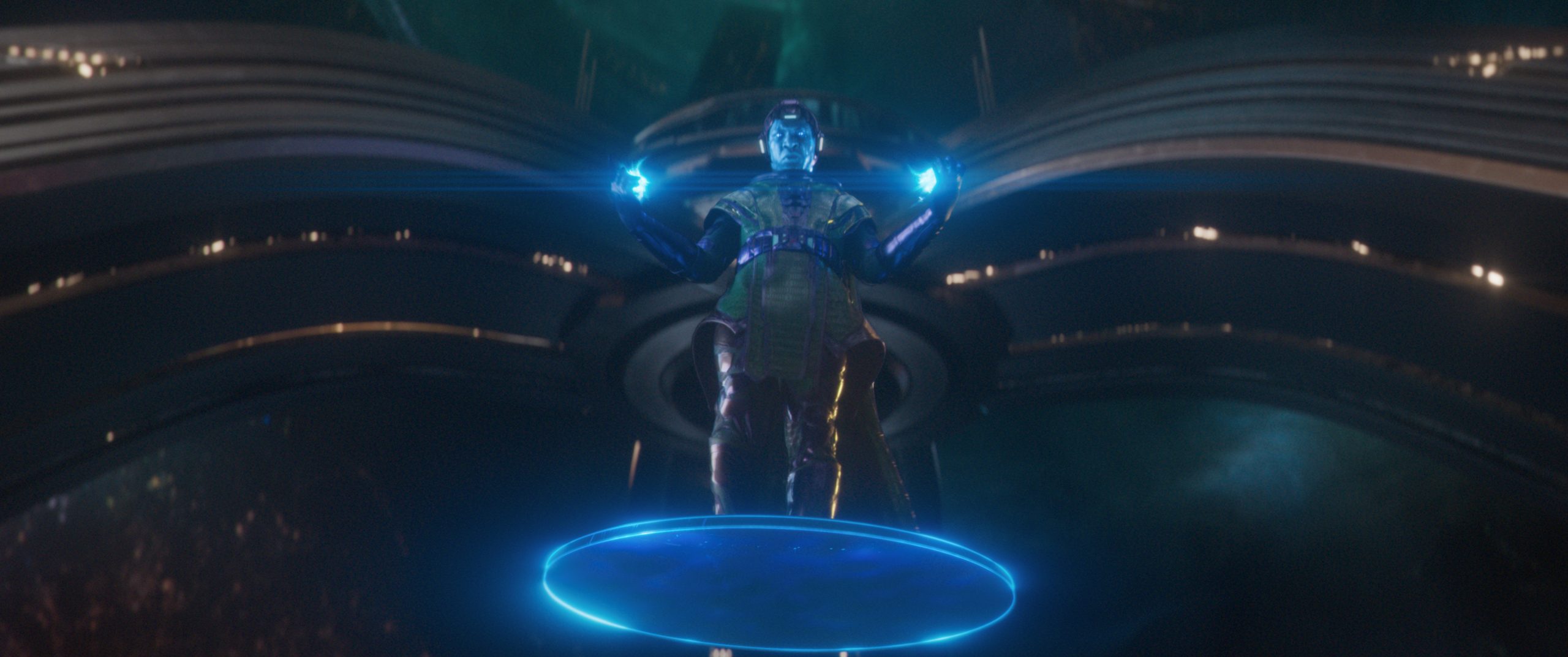
(L-R): Jonathan Majors as Kang The Conqueror in Marvel Studios’ ANT-MAN AND THE WASP: QUANTUMANIA. Photo courtesy of Marvel Studios. © 2022 MARVEL.
Let’s start a bit positively here, because I think the part of Quantumania that worked the best was the Janet-Kang dynamics. The flashbacks were by far the best part of the film, and I actually wonder if some of the film’s problems would have been solved by having a 15-minute prologue that included all that backstory, instead of cutting away to it later. The film tries to keep its villain under wraps for so long and for no reason at all, so had they introduced all that right out of the gate, I think the entire structure of the script would have changed significantly, making some of its weaker links more solid.
Quantumania also needed an extra 20 minutes to let some of its weight sink in. It suffers from a very fast-paced edit that ultimately backfires because there is no time for us to enjoy the Scott-Cassie dynamics (never, for one second, I bought that they wouldn’t be reuniting, so the stakes were significantly lower for me) and also appreciate everything that surrounds them. Kang saying to Scott in the trailer that he could give him time back with his daughter was something that the movie should have gone all in on, instead of clumsily dumping that plot thread for a more generic “otherwise I’ll kill her.”
Scott’s arc was right there in front of him — he was supposed to learn to let the past go and accept that he was gone for five years that he will never get back. In fact, one of the most powerful moments of the film was when Kang made the same deal to Janet — I’m not sure if the editors and producers thought it was too repetitive, but I personally think it would have worked as a one-two punch, mostly because we’ve already seen what that same threat did to someone else.

(L-R): Paul Rudd as Scott Lang/Ant-Man and Kathryn Newton as Cassandra “Cassie” Lang in Marvel Studios’ ANT-MAN AND THE WASP: QUANTUMANIA. Photo courtesy of Marvel Studios. © 2022 MARVEL.
But to me, the thing that bothered me the most about the film was the third act. There is no reason why Kang shouldn’t have won that entire battle without a sweat, and being worried that Giant-Man could actually do some damage to the rings of his ship instead of stepping out for two seconds and blowing him out of this world actually worries me about what Loveness could do with this character in The Kang Dynasty. Not to compare two different villains, but the best part of Infinity War is that the writers took the bold choice of letting the all-powerful villain win. There is a vastly superior film in Quantumania that would have ended with Kang on top, which would have also made me very excited for the rest of the MCU. Imagine if the setup for The Kang Dynasty was instead that Kang has been murdering all of his variants and destroying the rest of the timelines.
That would have also meant having Scott and Hope left down at the Quantum Realm, which I get would be too repetitive, since the last Ant-Man film ended the same way. But I would have been much happier about it, and honestly, it would have made the final battle between Scott and Kang all the more compelling — I’m sorry, am I supposed to believe that Paul Rudd can actually survive more than two seconds in hand-to-hand combat against Jonathan Majors?
In any case, I hope that Marvel learns the right lesson from this movie, that being to give more time to the screenwriters to develop their ideas and then actually put them on the screen.
Miguel Fernández is a Spanish student that has movies as his second passion in life. His favorite movie of all time is The Lord of the Rings, but he is also a huge Star Wars fan. However, fantasy movies are not his only cup of tea, as authors like Scorsese, Fincher, Kubrick or Hitchcock have been an obsession for him since he started to understand the language of filmmaking. He is that guy who will watch a black and white movie, just because it is in black and white.



